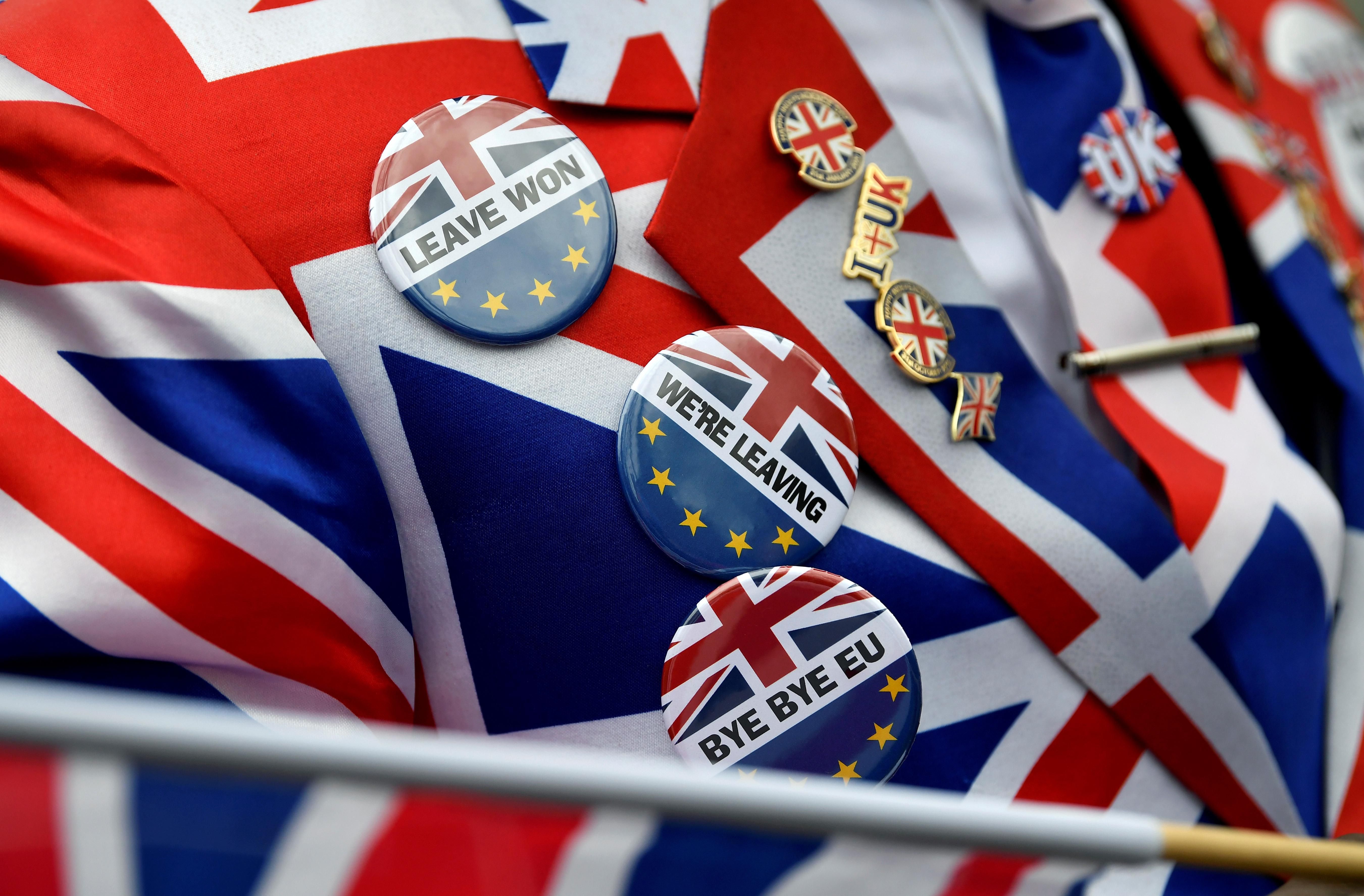What We're Watching: Brexit pettiness, a Russian protest
Brexit pettiness lingers: Here we were naively thinking the Brexit shenanigans were over after the EU and UK agreed to an eleventh-hour post-Brexit trade deal last month. We were wrong — the saga continues. Now, a new row has erupted after the Johnson government said it will not give the EU ambassador in London the same diplomatic status awarded to other representatives of nation states. Unsurprisingly, this announcement peeved Brussels, whose delegates enjoy full diplomatic status in at least 142 other countries. The UK says it will give the EU envoy the same privileges as those given to international organizations, which are subject to change and do not include immunity from detention and taxation given to diplomats under the Vienna Convention on diplomatic relations. EU members are furious, with officials accusing London of simply trying to flex its muscles and engaging in "petty" behavior. The two sides will discuss the matter further when UK Prime Minister Boris Johnson meets EU representatives next week, their first face-to-face since the two sides settled the Brexit quagmire on December 31. Alas, the Brexit nightmare continues.
Protests in Russia this weekend: When Russian dissident Alexey Navalny returned to Russia last weekend for the first time since being poisoned there in August, the police promptly — and unsurprisingly — arrested him. But as he was being taken into custody, Navalny live-streamed from his phone, calling for mass protests on 23 January, this Saturday. Then he dropped a stunning two-hour documentary which alleges that decades of corrupt dealings are what enabled President Vladimir Putin to build himself a 17,000 acre palace on the Black Sea, replete with private casinos, theaters, and even a strip club. The video has already been viewed nearly 50 million times on YouTube. But will people heed Navalny's call this weekend? Polls show that nearly 20 percent of Russians say (source in Russian) they'd take part in political protests. As it happens, that's the highest mark since 2011, when Navalny led the largest demonstrations in Russia's post-Soviet history. Still, talking to pollsters is one thing, braving batons is another: we're watching to see how many show up on Saturday. If it's, say, 10,000 or more, things could get interesting fast.
